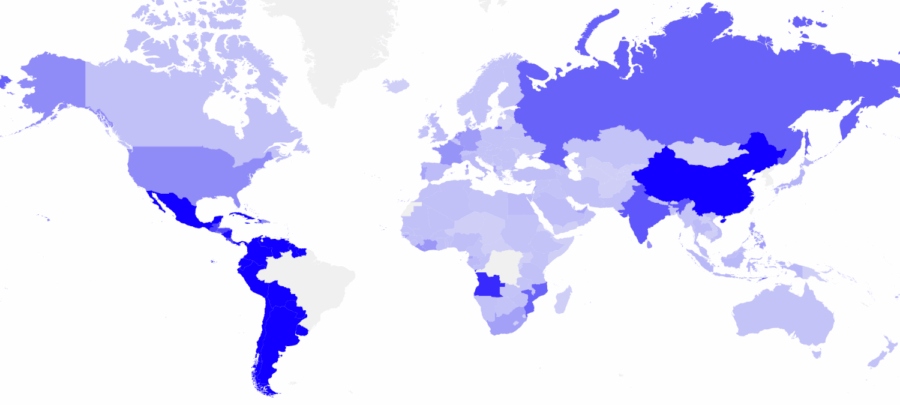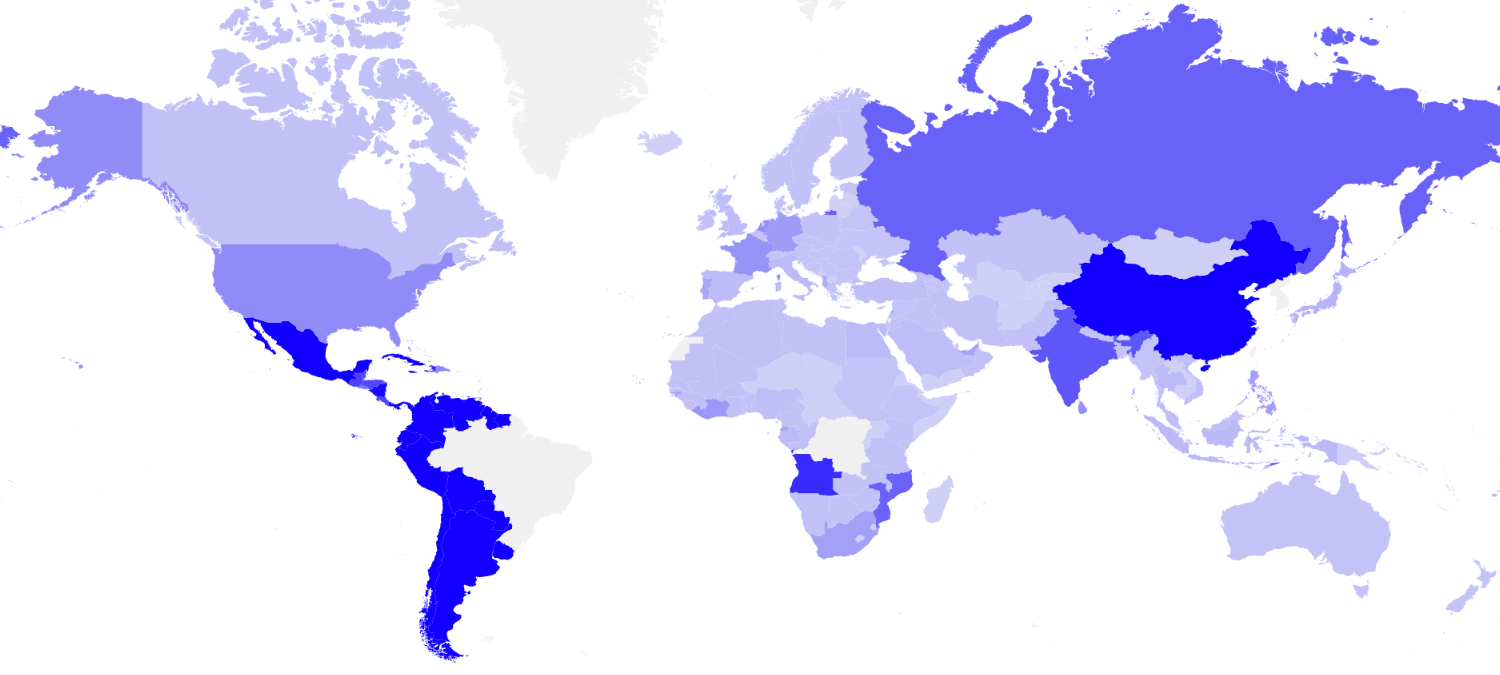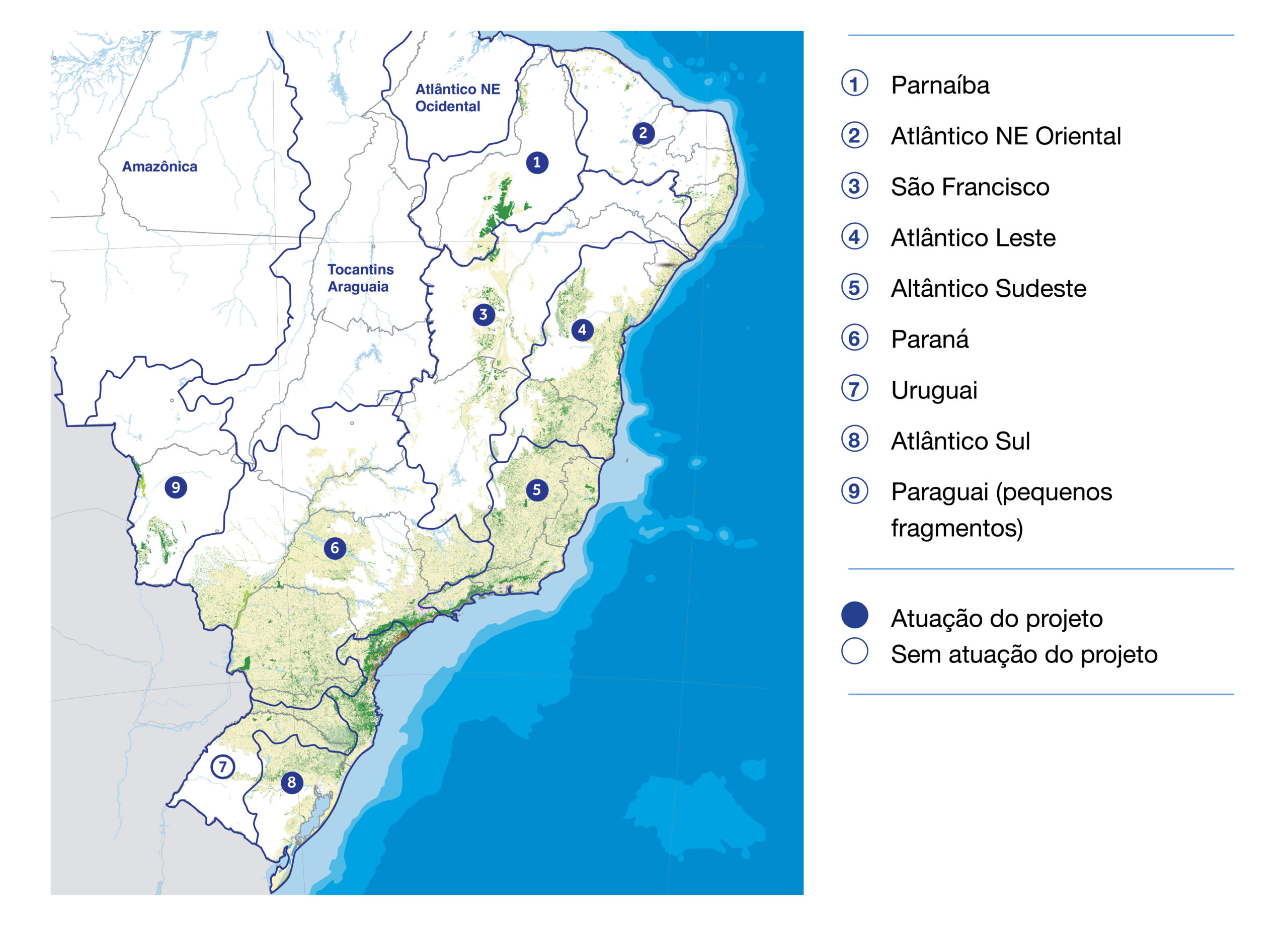Measuring International Engagement: Systemic and Domestic Factors in Brazilian Foreign Policy from 1998 to 2014

- Version
- Download 4349
- Tamanho do Arquivo 563.54 KB
- Data de Criação 27/03/2019
- Download
The literature on Latin American foreign policy analysis has long called for more empirical and theoretical rigor. Because foreign policy making is a multifaceted concept, there are a wide array of outcomes that scholars use interchangeably to proxy it, thus leading to unclear results on its main determinants. Using Brazil as a case study, we offer a methodological tool that, we believe, can contribute to further closing this gap. We developed an index that quantifies the level of foreign policy engagement, taking into account the decisions made by different governmental actors for 192 country dyads along sixteen years. We confirm that Brazil managed to expand its international relations with both the Global South and Global North and that domestic variables that the Workers’ Party ideology played a major role in drove the shift toward giving preeminence to countries in the Global South. The results support the usefulness of our tool, which deepens our understanding of foreign policy making in Latin America, bringing new insights to the discussion.
Measuring International Engagement: Systemic and Domestic Factors in Brazilian Foreign Policy from 1998 to 2014
Pietro Rodrigues Francisco Urdinez Amâncio de Oliveira
Foreign Policy Analysis, orz010, https://doi.org/10.1093/fpa/orz010













Publicar comentário
Você precisa fazer o login para publicar um comentário.